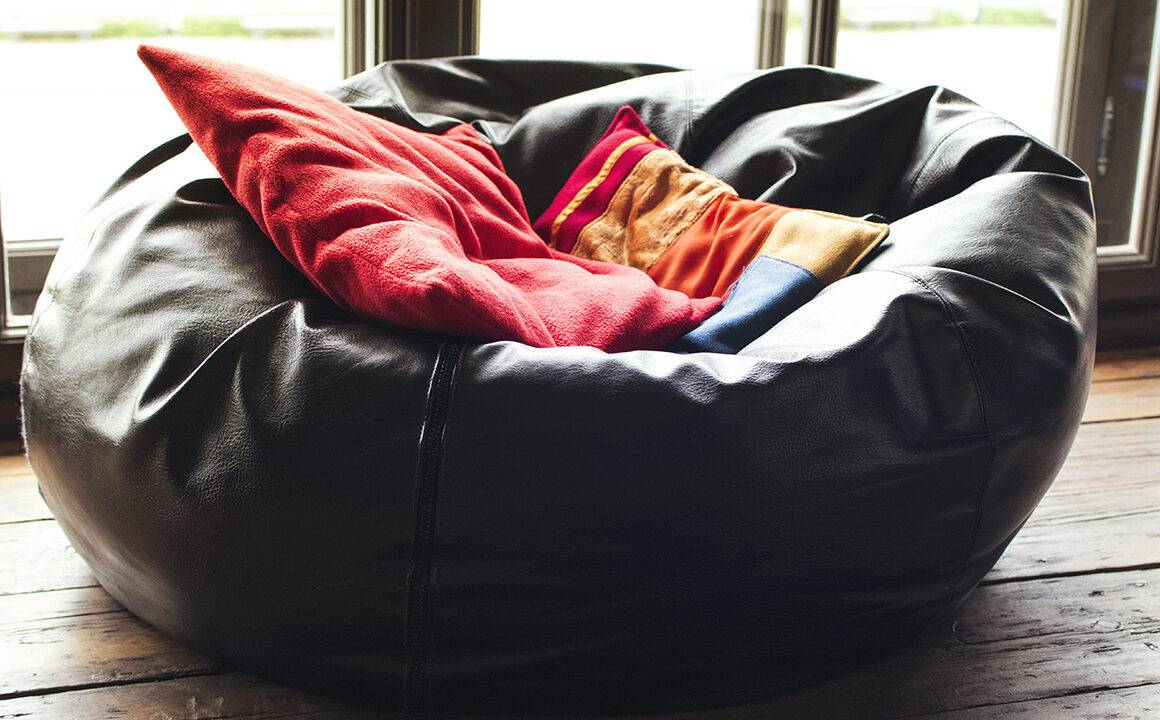The Unexpected Battle of Bean Bag Chairs

For nine years, Yogibo founder Eyal Levy had been creating, marketing, and selling a new type of bean bag chair that enveloped users in a cushiony pocket, providing effortless support for all parts of the body. He knew he had invented a revolutionary type of furniture that could be used in various ways: as a chair, a bed, a pillow, and a lounger. But, then, he started getting wind of another product, the Moon Pod, that was claiming to be the first zero-gravity bean bag chair of its kind. When Levy first laid eyes on the Moon Pod, it appeared to be identical to the Yogibo, and the battle was on.
Invention Claims
Even though Levy believes the Moon Pod is a knockoff of his product, and even though he will never be able to calculate the amount of money his company will lose because of Moon Pod’s product, the issue that brings out Levy’s Ire is Moon Pod’s founder’s claim that he invented this type of bean bag chair The founder, John Fiorentino, has marketed the Moon Pod as the “reinvention of the bean bag” and refers to the product as unique. He even tells his potential customers that it’s an experience they’ve never felt before.
Levy says these claims simply aren’t true. The Yogibo was invented in 2008 after Levy had seen a body-hugging bean bag chair in Israel and developed his own version of it. He does not claim to have invented this type of bean bag chair, but he does believe that the Yogibo’s design is the first of its kind. Fiorentino, of course, disputes this premise.
Fresh Inspiration
The Yogibo came into being when Levy was looking for a way to help his then-pregnant wife sleep comfortably on her stomach. The bean bag’s design is meant to gently hug a person’s body while providing the proper amount of support for any body part that comes in contact with the bean bag, in this case, his wife’s pregnant stomach.
On the other side of the battle, Fiorentino says he gained inspiration for his Moon Pod from sensory furniture that caregivers often used to help kids with autism feel comforted in stressful environments. Interestingly, Yogibo has been working with the autism community for years.
Is it possible that Fiorentino saw Yogibo bean bag chairs being used with autistic children and that it inspired his own product? Fiorentino hasn’t provided specifics on which sensory furniture fueled his Moon Pod idea, but Yogibo customers say the similarities between the two bean bag chairs are too numerous to dismiss.
Similar Products, Different Views
Both the Moon Pod and the Yogibo contain polystyrene microbeads that are contained in a zippered bag that is covered by a cotton-blend fabric, although Yogibo uses a cotton-spandex blend rather than Moon Pod’s cotton-polyester blend.
Both products provide a sense of weightlessness to people sitting or lying on the chairs, and they both come in a variety of colors to match any room. However, the Yogibo is longer and comes at a lower price point than the Moon Pod, which is shorter and more expensive.
Conclusion
Whether the Moon Pod ripped off the Yogibo is a matter for the courts to decide, and they will certainly get that chance. Levy’s attorneys sent a cease and desist order to Moon Pod and have not received a response. The legal team is still deciding how to proceed, but it’s clear this bean bag chair battle is far from over.





Leave a Comment